Scottish leader Nicola Sturgeon resigns, throwing a wrench into country's independence movement

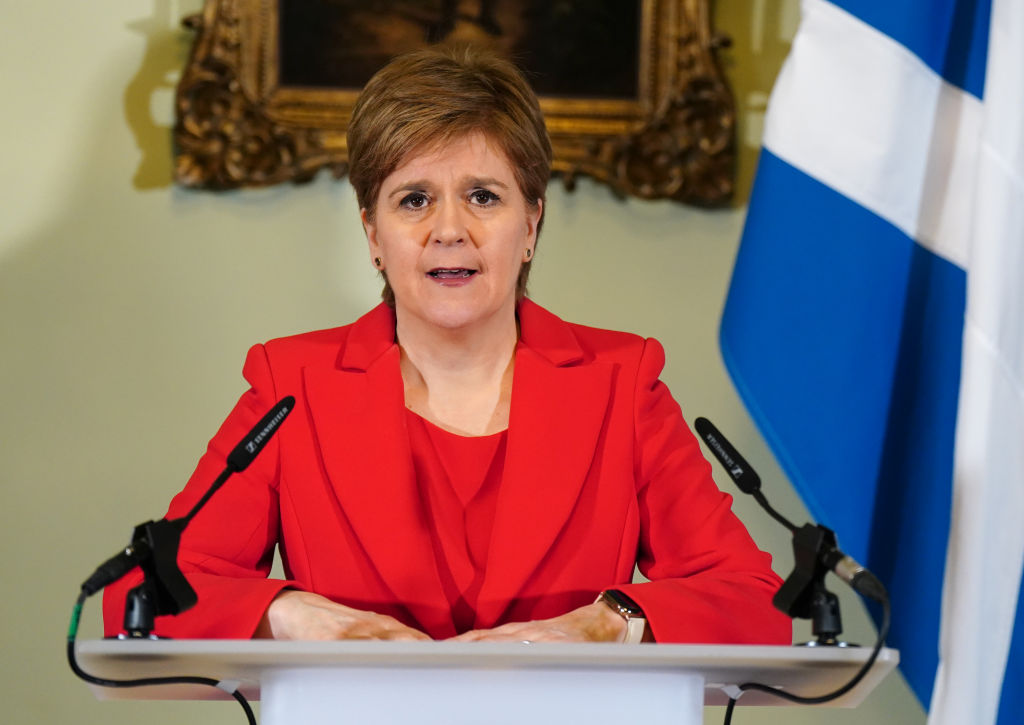
A free daily email with the biggest news stories of the day – and the best features from TheWeek.com
You are now subscribed
Your newsletter sign-up was successful
Scottish First Minister Nicola Sturgeon announced Wednesday that she was resigning as the country's leader after more than eight years in power.
The head of the Scottish National Party, Sturgeon said she knew "in my head and in my heart" that it was the right time to step down, per BBC News, adding that the SNP would "begin the process of electing a new party leader."
"I am proud to stand here as the first female and longest-serving incumbent of this office, and I'm very proud of what has been achieved," Sturgeon said.
The Week
Escape your echo chamber. Get the facts behind the news, plus analysis from multiple perspectives.

Sign up for The Week's Free Newsletters
From our morning news briefing to a weekly Good News Newsletter, get the best of The Week delivered directly to your inbox.
From our morning news briefing to a weekly Good News Newsletter, get the best of The Week delivered directly to your inbox.
In office since 2014, Sturgeon has become one of the strongest proponents of independence for Scotland, and has consistently touted efforts to have the country break free from the United Kingdom. That year, Scottish voters held a referendum and narrowly decided to remain a part of the U.K.
Following the U.K.'s Brexit withdrawal from the European Union in 2020, however, Politico noted Sturgeon "argued that Britain's departure from the bloc warrants another Scottish independence referendum."
Politico added that Sturgeon "remains one of the most popular figures in the drive to separate Scotland from the United Kingdom through a fresh referendum," something that the U.K. has refused to allow.
Sturgeon's decision to step down seemingly caught Scottish lawmakers off guard, but it comes following a series of controversies over the past few weeks. The Washington Post noted that "Sturgeon's party has been in turmoil over Scotland's Gender Recognition Reform Bill, which would have made it easier for transgender people, as young as 16, to change their legal gender," a law that was struck down by the British government.
A free daily email with the biggest news stories of the day – and the best features from TheWeek.com
Sturgeon's exit will likely stall Scotland's independence efforts, even as the SNP continues to push for a new referendum.
Justin Klawans has worked as a staff writer at The Week since 2022. He began his career covering local news before joining Newsweek as a breaking news reporter, where he wrote about politics, national and global affairs, business, crime, sports, film, television and other news. Justin has also freelanced for outlets including Collider and United Press International.
-
 The ‘ravenous’ demand for Cornish minerals
The ‘ravenous’ demand for Cornish mineralsUnder the Radar Growing need for critical minerals to power tech has intensified ‘appetite’ for lithium, which could be a ‘huge boon’ for local economy
-
 Why are election experts taking Trump’s midterm threats seriously?
Why are election experts taking Trump’s midterm threats seriously?IN THE SPOTLIGHT As the president muses about polling place deployments and a centralized electoral system aimed at one-party control, lawmakers are taking this administration at its word
-
 ‘Restaurateurs have become millionaires’
‘Restaurateurs have become millionaires’Instant Opinion Opinion, comment and editorials of the day
-
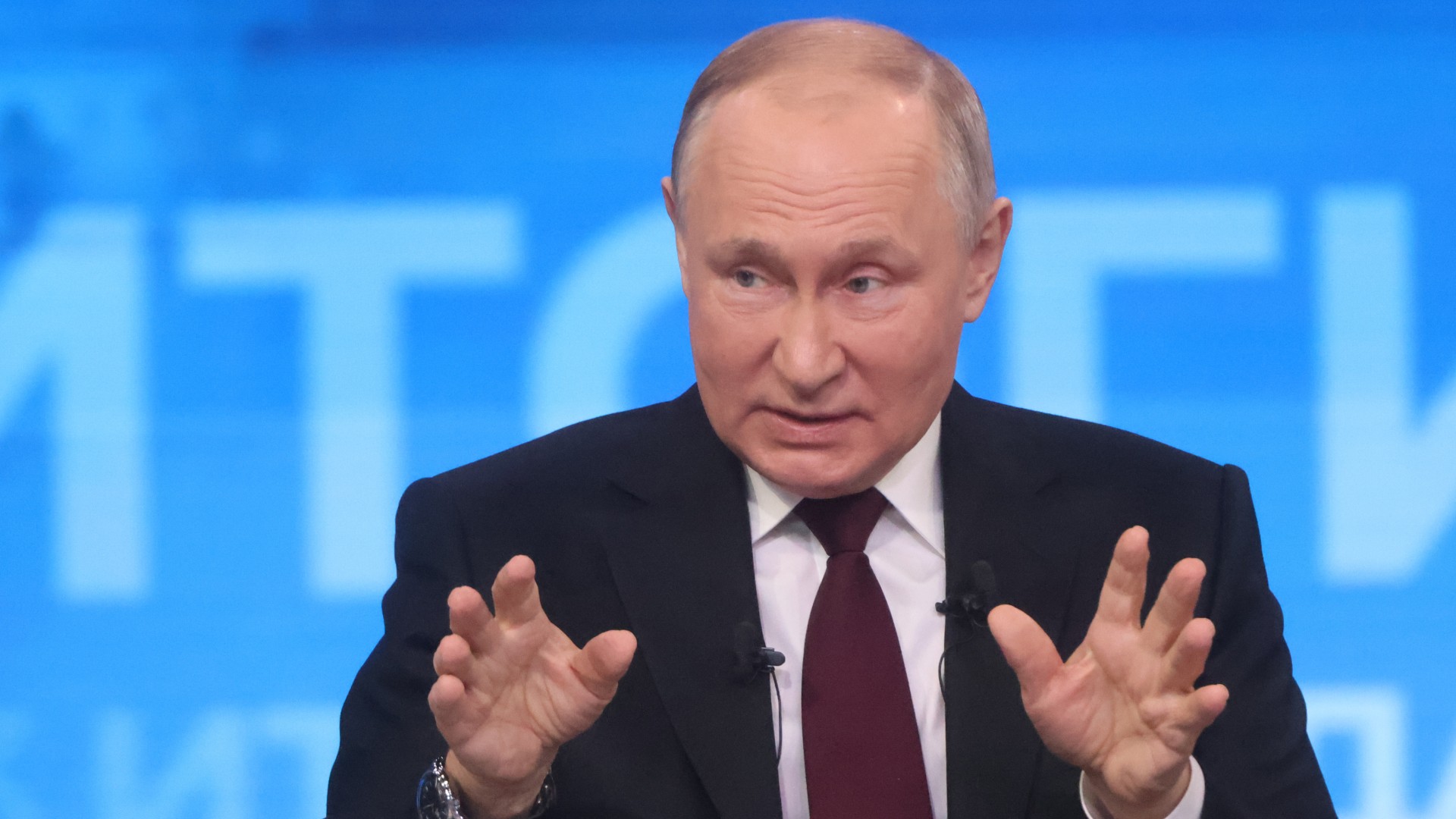 10 things you need to know today: December 17, 2023
10 things you need to know today: December 17, 2023Daily Briefing Putin rejects Biden's claim that Russia will attack NATO, Israel ramps up bombardments of Gaza overnight, and more
-
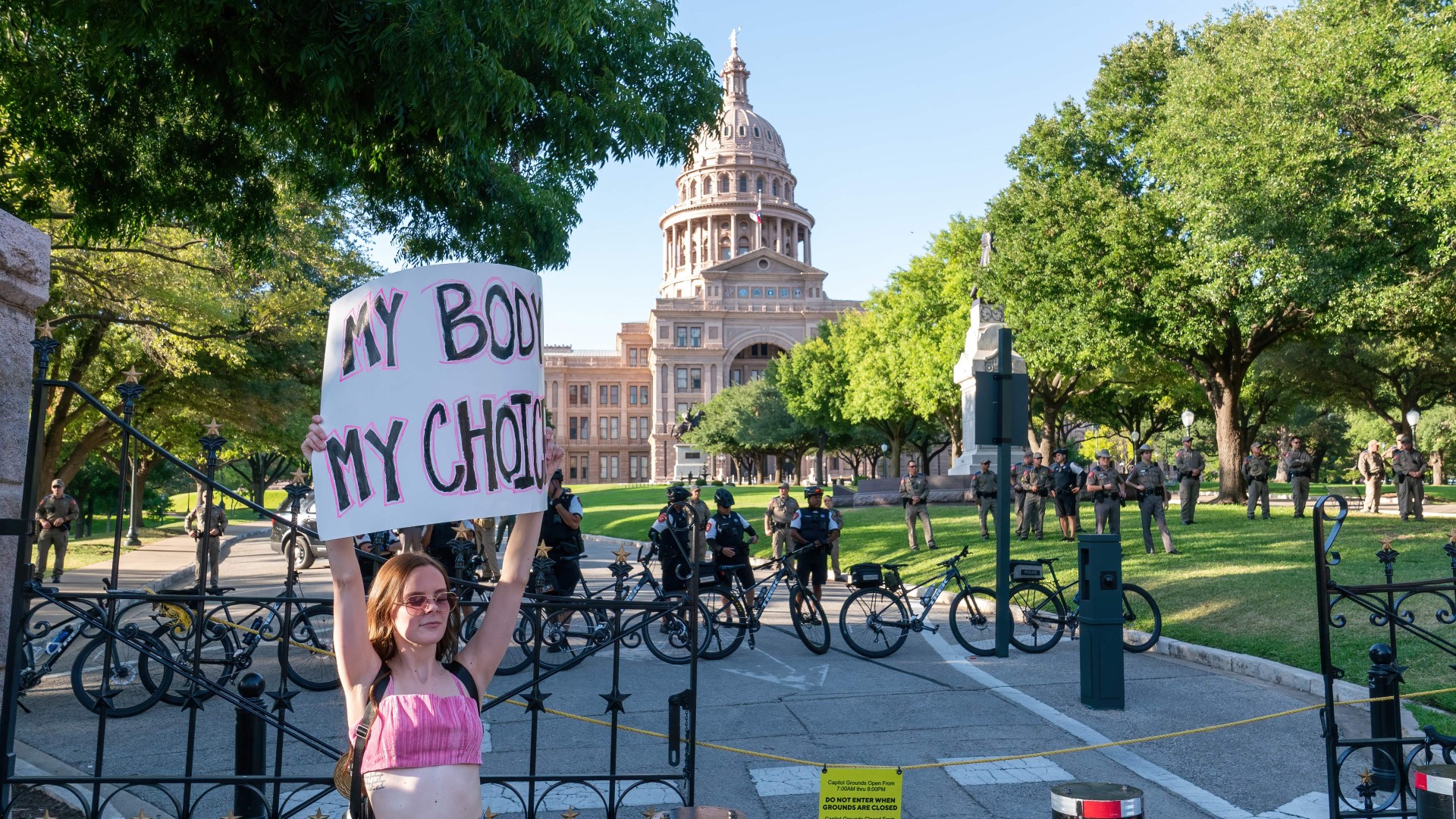 10 things you need to know today: December 9, 2023
10 things you need to know today: December 9, 2023Daily Briefing Texas Supreme Court temporarily blocks woman from receiving abortion, European Union reaches world-first deal on AI regulations, and more
-
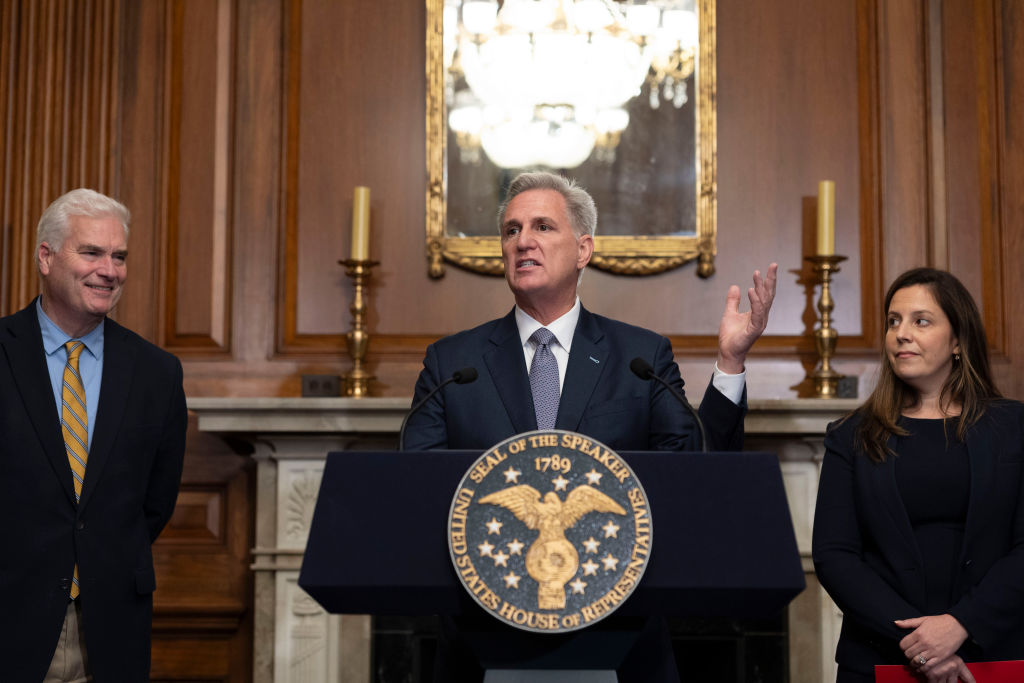 10 things you need to know today: October 1, 2023
10 things you need to know today: October 1, 2023Daily Briefing Government shutdown avoided as Congress passes temporary funding bill, Supreme Court to begin new term as major cases await, and more
-
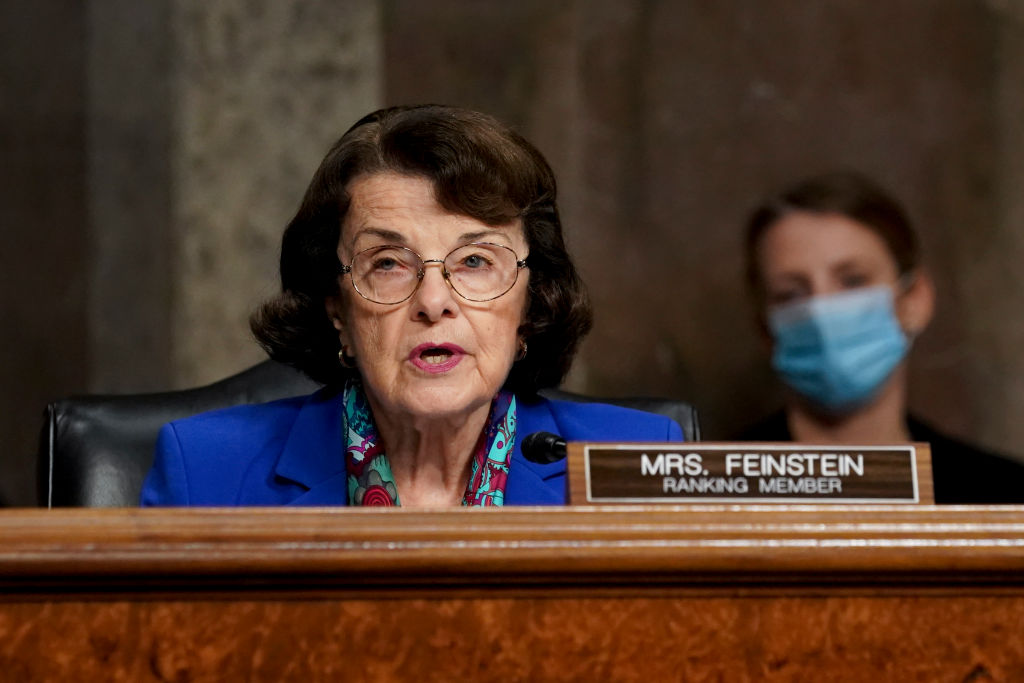 10 things you need to know today: September 30, 2023
10 things you need to know today: September 30, 2023Daily Briefing Government shutdown looms after failed House vote, California Sen. Dianne Feinstein dies at 90, and more
-
 10 things you need to know today: September 24, 2023
10 things you need to know today: September 24, 2023Daily Briefing Nagorno-Karabakh's Armenian population to leave region amid fears of persecution, Atlantic coast remains under flood warnings from Ophelia, and more
-
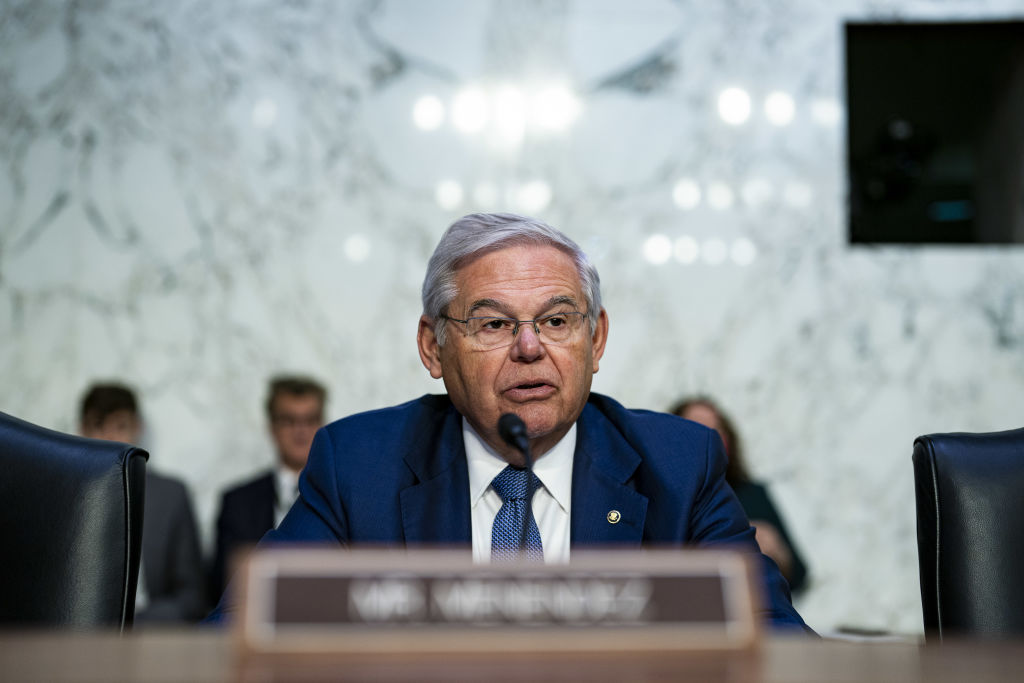 10 things you need to know today: September 23, 2023
10 things you need to know today: September 23, 2023Daily Briefing Sen. Bob Menendez rejects calls to resign following indictment, Ukraine launches missile attack on occupied Crimean city, and more
-
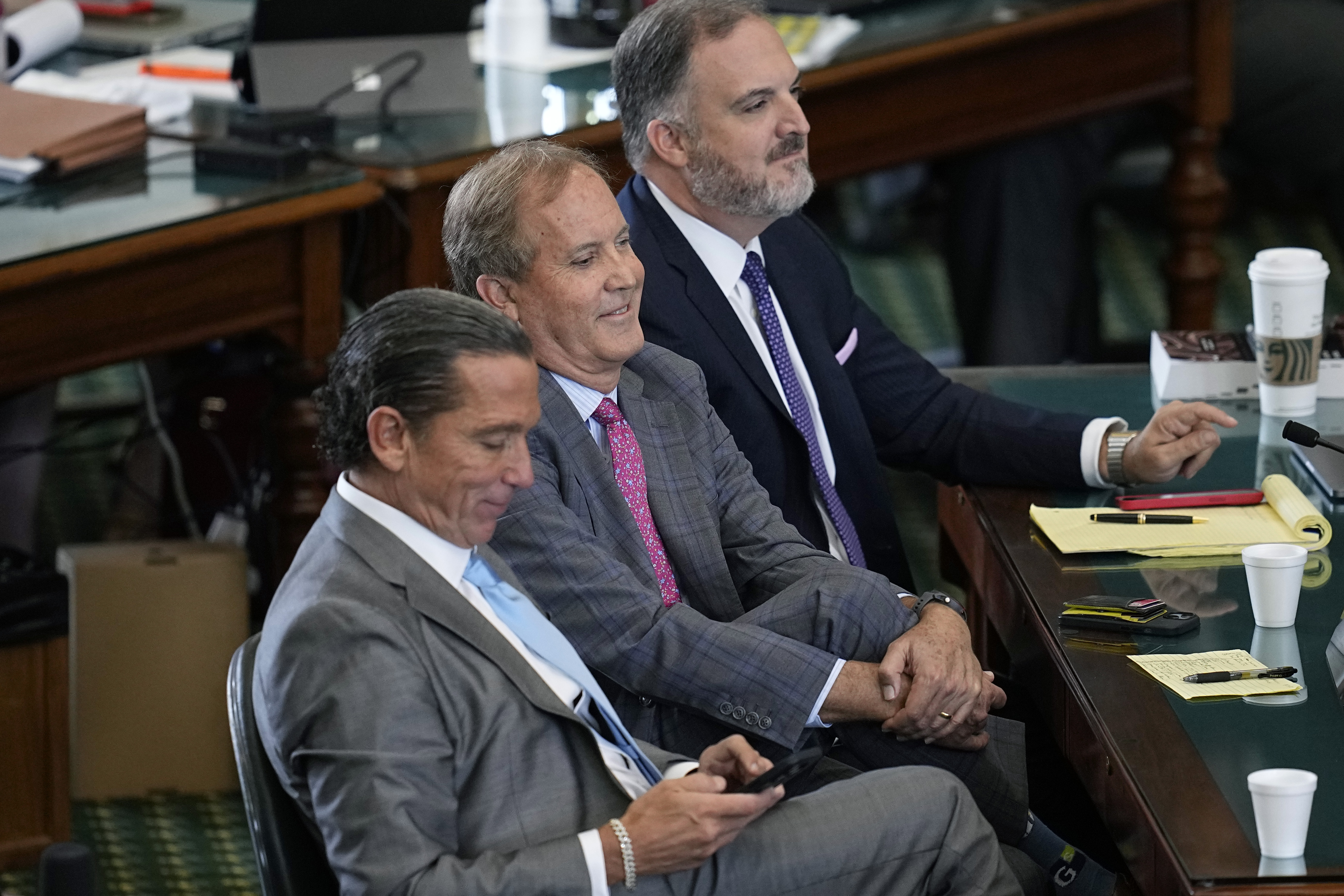 10 things you need to know today: September 17, 2023
10 things you need to know today: September 17, 2023Daily Briefing Texas AG Ken Paxton acquitted in impeachment trial, Kim Jong Un returning to North Korea after rare foreign trip to Russia, and more
-
 10 things you need to know today: September 10, 2023
10 things you need to know today: September 10, 2023Daily Briefing Aftershock strikes Morocco as death toll rises, approval of new Covid shots likely coming within days, and more
